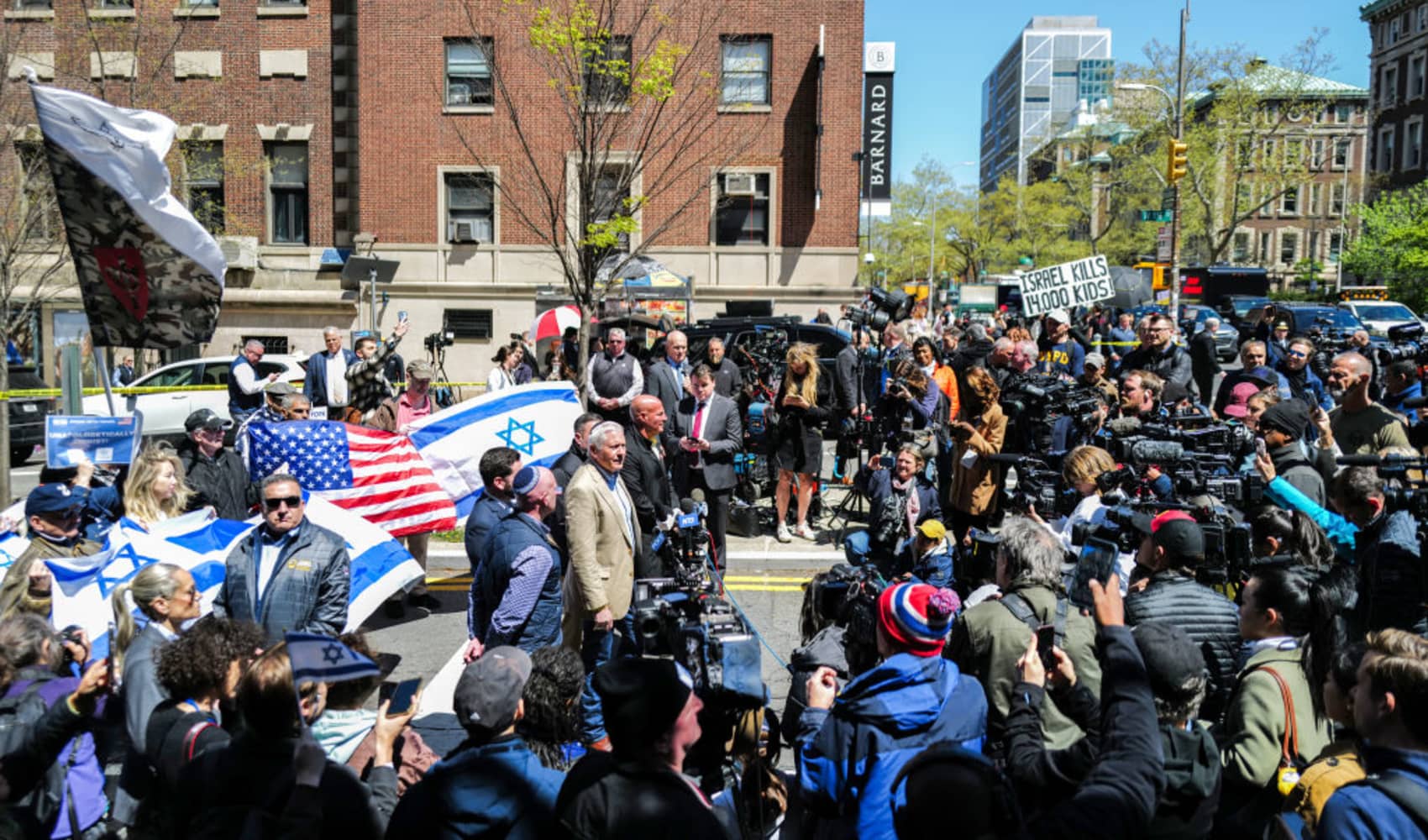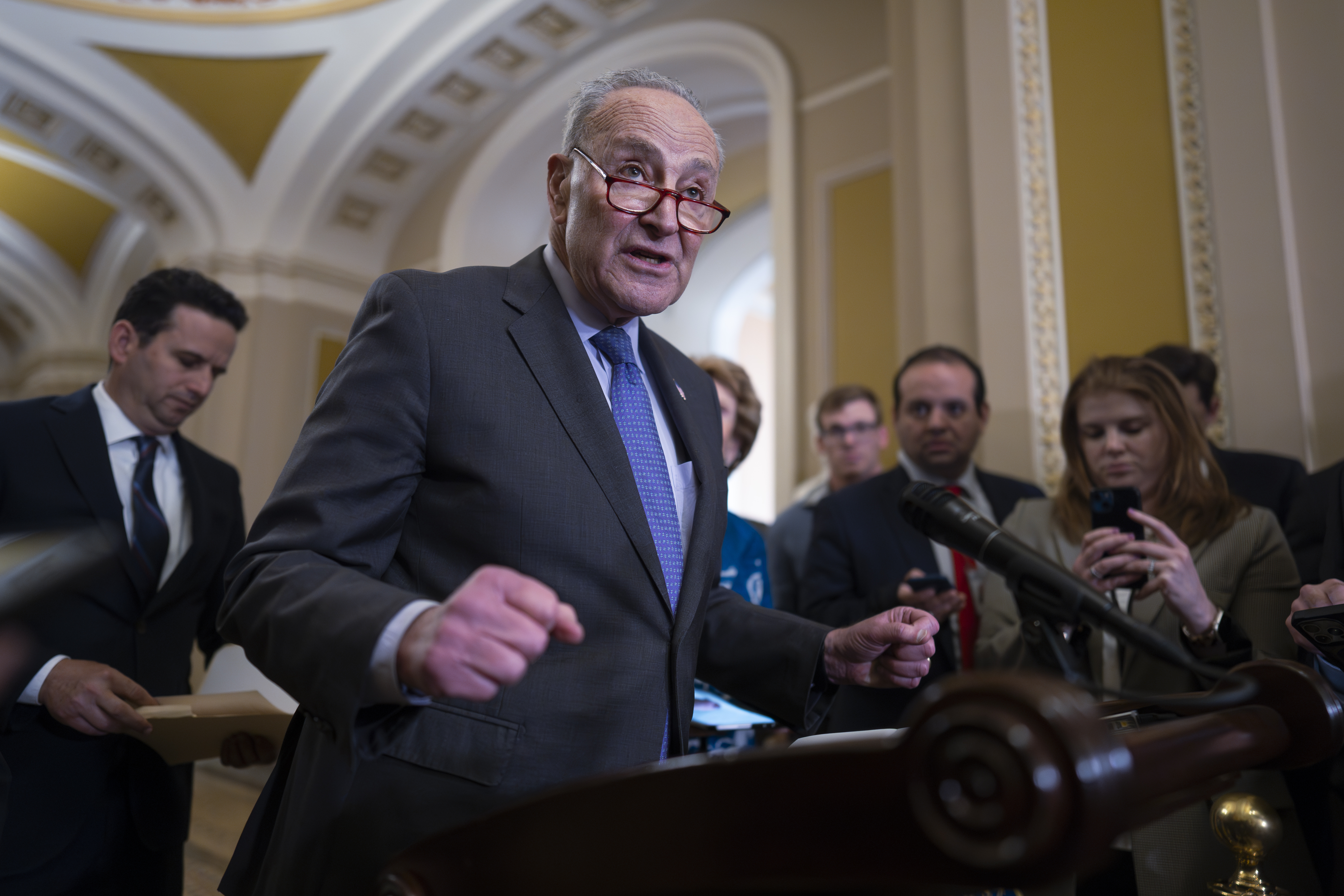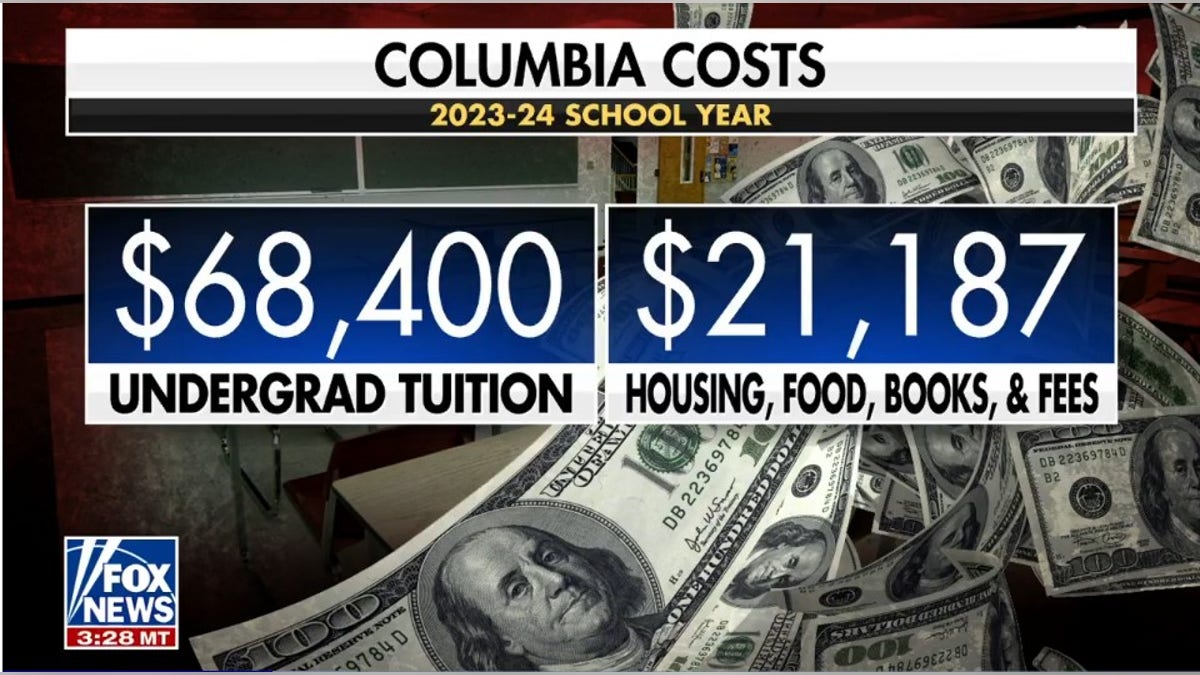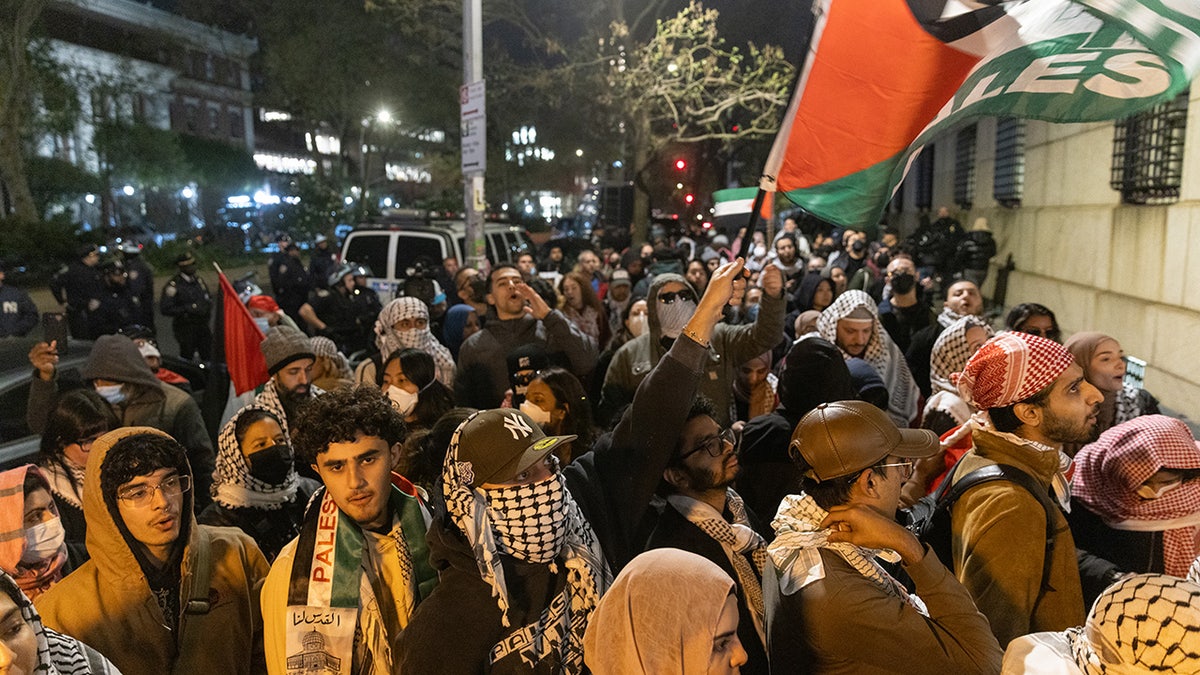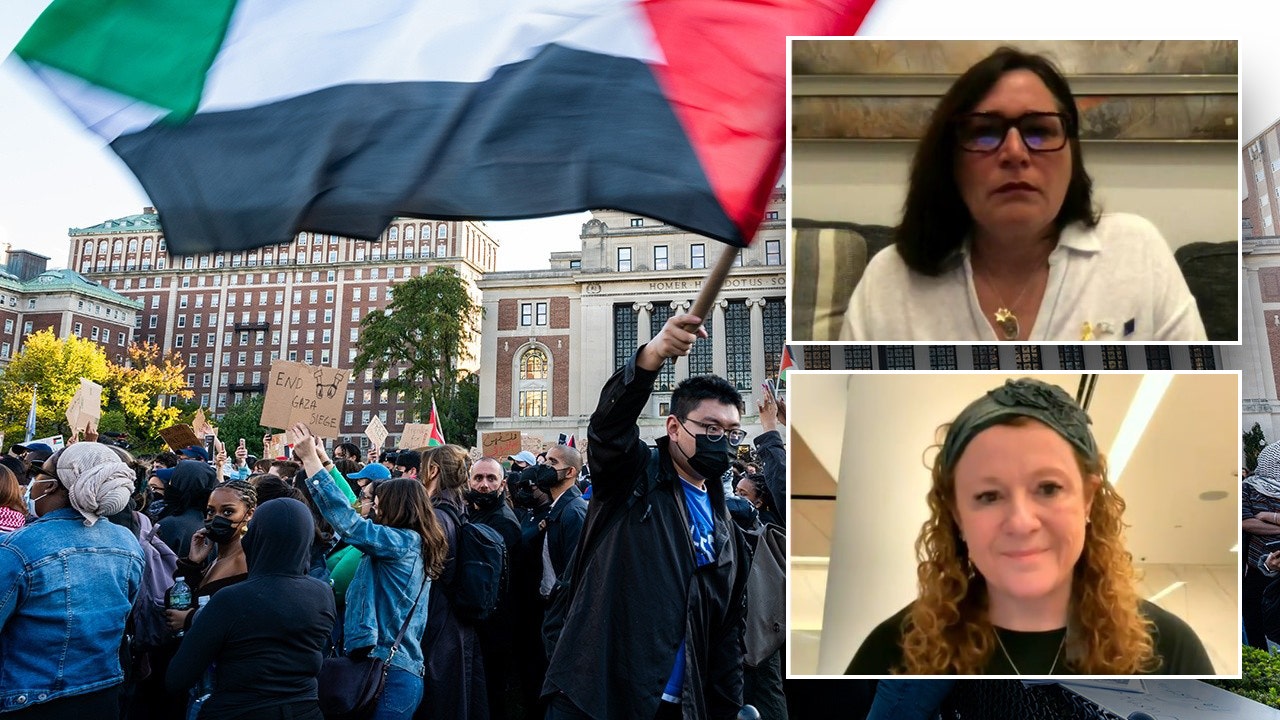
A wave of pro-Palestinian protests has swept across college campuses in the United States, with students demanding divestment from companies connected to the Israeli military campaign in Gaza and longer-term occupation of Palestinian lands. The demonstrations have led to numerous arrests as universities attempt to prevent encampments from taking hold on their own campuses. At Columbia University, protesters have set up an encampment of around 80 tents on a central campus lawn, while at Emerson College in Boston, over 100 people were arrested during the removal of a pro-Palestinian encampment. The protests have also spread overseas to campuses in Cairo, Paris, and Sydney. Companies targeted for divestment include Google and Airbnb due to their contracts with the Israeli government or listings in Israeli settlements on the occupied West Bank.
Universities have so far rebuffed calls for divestment, with defenders of Israel arguing that these demands are unfair to a country under threat of attack and potentially antisemitic. However, pro-Palestinian activists see divestment as an achievable way to force colleges to take action on the issue and raise awareness of their concerns.
The protests have created a hostile environment for Jewish students on some campuses, with reports of threats and counter-protesting putting additional burden on them. Columbia University parents have expressed concern about the situation, describing it as a “nightmare”.
Universities across the country have responded differently to the protests. Some have taken a firm stance against encampments and arrests, while others have allowed students to express their views peacefully. The University of Texas at Austin, for example, saw over 34 protesters taken into custody after hundreds walked out of class to demand divestment from companies that do business with Israel.
The Israeli-Palestinian conflict continues to be a contentious issue on college campuses and beyond. As the situation unfolds, it remains to be seen how universities will respond and what impact the protests will have on campus life.


